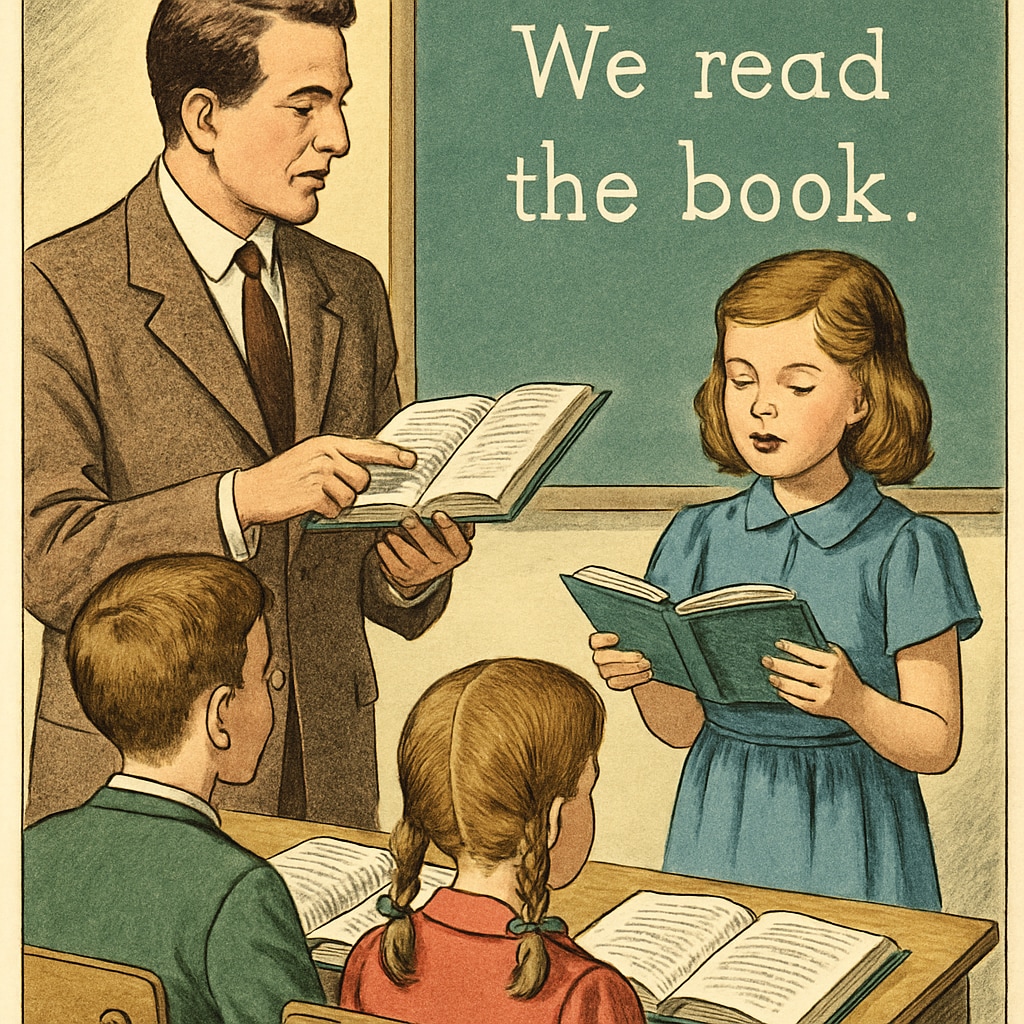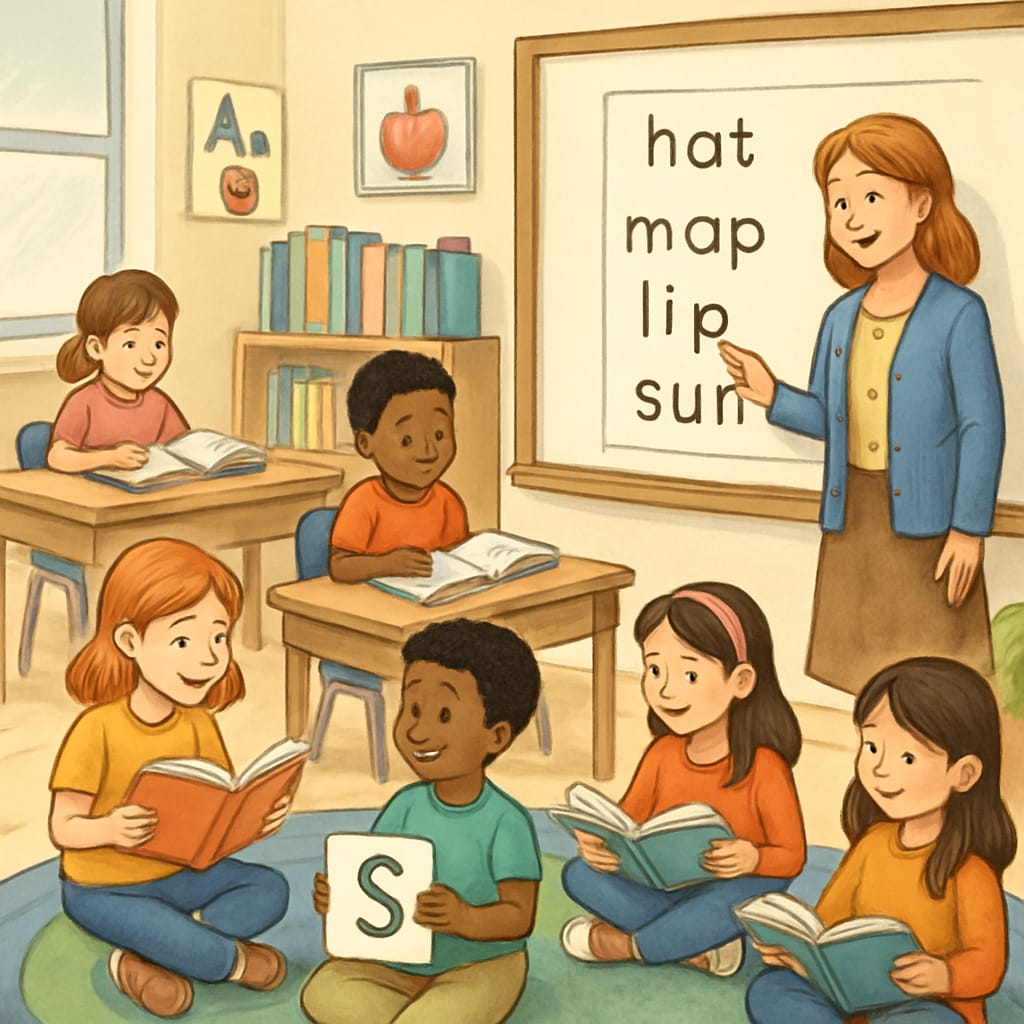The “Sold a Story” podcast has sparked a critical conversation about reading education, exposing widely used yet scientifically unsupported teaching methods. By delving into six compelling episodes, the podcast sheds light on flaws in traditional practices and advocates for evidence-based approaches. This groundbreaking series is not just for educators but also for parents who want to understand how children best learn to read. The revelations provided by this podcast promise to reshape the way we approach literacy instruction, grounding it in educational science.
The Flawed Foundation of Traditional Reading Methods
For decades, many U.S. schools have relied on methods that emphasize guessing, context clues, and memorization over phonics-based learning. “Sold a Story” reveals how these techniques, such as the popular “three-cueing system,” lack the scientific backing necessary to support effective literacy development. Through in-depth reporting, the podcast connects these methods to declining reading scores across the nation, raising concerns about their long-term impact on students.

Scientific studies have consistently shown that systematic phonics instruction—teaching children the relationship between letters and sounds—is the key to building strong foundational reading skills. Yet, as the podcast demonstrates, many schools continue to prioritize less effective approaches due to entrenched ideologies and commercial interests.
How “Sold a Story” Elevates Evidence-Based Teaching
One of the most powerful aspects of “Sold a Story” is its focus on evidence-based teaching methods. The podcast highlights the importance of using scientifically validated approaches to ensure that children develop essential literacy skills. For example, it underscores the role of explicit phonics instruction in helping young readers decode words effectively, a process backed by decades of cognitive science research.
Moreover, the series interviews researchers, educators, and parents, creating a multifaceted narrative about the challenges of implementing change. By showcasing success stories from schools that have embraced phonics-based methods, the podcast provides hope and actionable strategies for improving reading outcomes nationwide.

Why This Podcast Matters to Educators and Parents
The implications of “Sold a Story” extend beyond classrooms. For educators, it serves as a wake-up call to critically evaluate their teaching methods and align practices with scientific evidence. For parents, the podcast offers a valuable resource to advocate for effective literacy instruction in schools. Understanding the science behind reading is crucial for fostering a generation of competent and confident readers.
In addition to its educational value, the podcast provides a platform for discussion and collaboration. By addressing systemic issues and encouraging open dialogue, “Sold a Story” contributes to a growing movement aimed at reforming literacy education for the better.
Key Takeaways:
- Traditional reading methods, like the three-cueing system, lack scientific support and may hinder literacy development.
- Evidence-based approaches, such as systematic phonics instruction, are essential for building foundational reading skills.
- Both educators and parents play a critical role in advocating for science-backed teaching strategies.
As a result, “Sold a Story” not only exposes the flaws in current practices but also empowers its audience with the knowledge needed to create meaningful change.
To learn more about the science of reading, explore resources like the Science of Reading on Wikipedia or the Britannica entry on phonics.
The journey to better literacy education starts with awareness, and “Sold a Story” is a crucial step in that direction.


